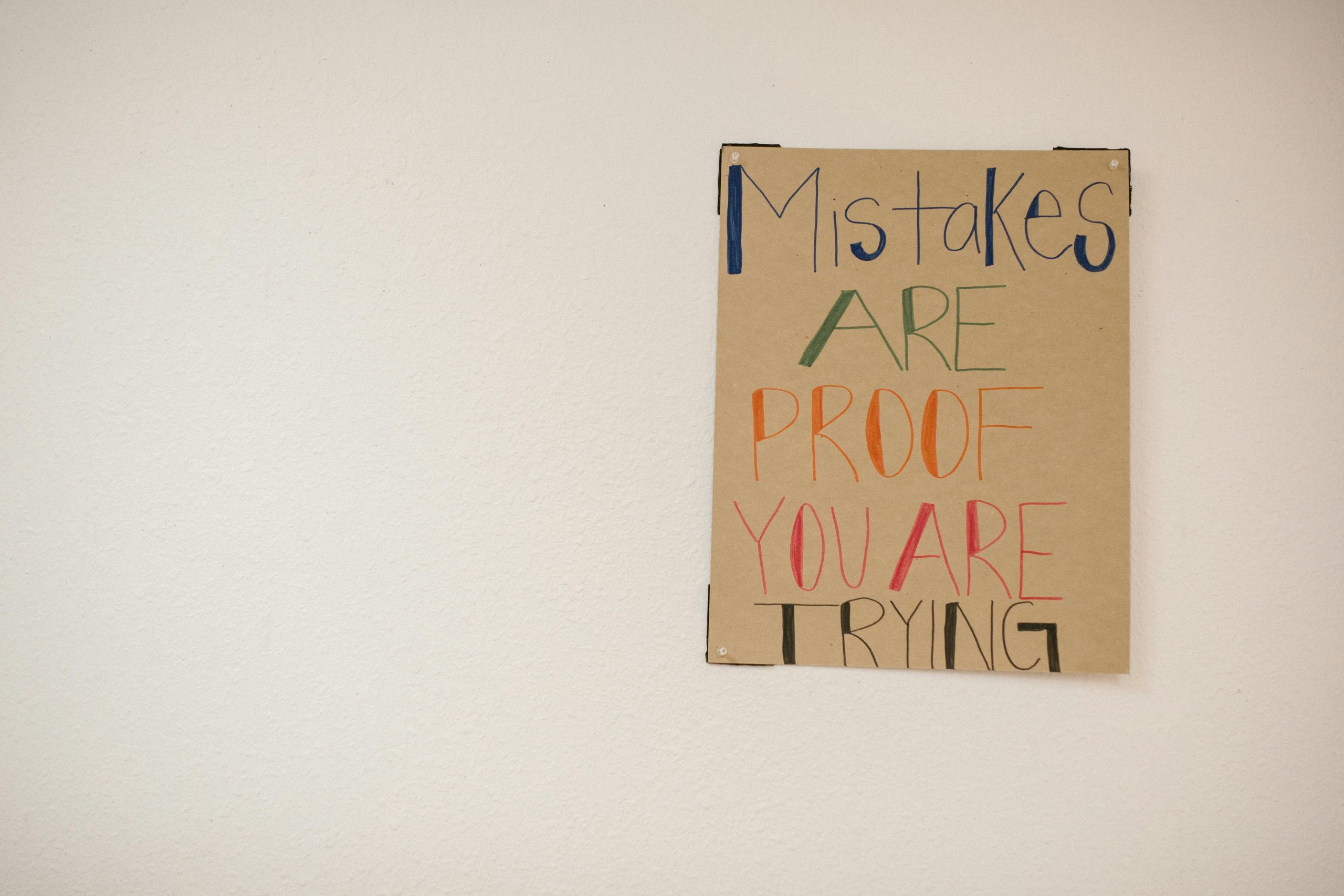We’ve all been there—starting a new goal with enthusiasm, only to lose steam when motivation fades. Whether it’s fitness, career growth, or personal development, staying consistent is the real challenge. The good news? Consistency isn’t about willpower alone. It’s about strategy. Here’s how to keep moving forward, even when you don’t feel like it.
1. Break Your Goals into Smaller, Manageable Steps
Big goals can feel overwhelming, making it easy to procrastinate or give up. The key? Break them down into bite-sized tasks. Smaller steps make progress feel achievable and reduce the mental resistance to starting.
How to Do It:
- Define micro-goals: Instead of “lose 20 pounds,” aim for “lose 1 pound per week.”
- Use the 2-minute rule: Commit to just 2 minutes of the task (e.g., a short walk). Often, starting is the hardest part.
- Celebrate small wins: Acknowledge progress to stay motivated.
2. Build Habits, Not Just Goals
Goals are outcomes; habits are the systems that get you there. When actions become automatic, you rely less on fleeting motivation.
How to Do It:
- Anchor new habits to existing ones: Pair a new habit with a daily routine (e.g., meditate after brushing your teeth).
- Start tiny: Floss one tooth, read one page—small actions build momentum.
- Track your streaks: Use a habit tracker to visualize consistency.
3. Create Accountability Systems
When you’re the only one holding yourself accountable, it’s easy to skip tasks. External accountability increases commitment.
How to Do It:
- Find an accountability partner: Share goals with a friend or join a group with similar objectives.
- Public commitment: Post your goals on social media or tell family members.
- Use apps or tools: Apps like Habitica or StickK add gamification or financial stakes to your goals.
4. Plan for Obstacles in Advance
Motivation dips are inevitable. Anticipating challenges helps you stay on track when they arise.
How to Do It:
- Identify potential roadblocks: Lack of time? Low energy? Plan solutions ahead.
- Use “if-then” planning: “If I feel too tired to workout, then I’ll do a 10-minute home routine.”
- Have a backup plan: Keep healthy snacks at work if dieting, or set shorter workout alternatives.
5. Focus on Progress, Not Perfection
All-or-nothing thinking derails consistency. Missing one workout or skipping a day of writing doesn’t mean failure—it’s part of the process.
How to Do It:
- Embrace the 80/20 rule: Aim for consistency, not perfection. 80% effort still moves you forward.
- Reframe setbacks: Instead of “I failed,” ask, “What can I learn from this?”
- Track long-term progress: Review weekly or monthly improvements to stay encouraged.
Conclusion
Staying consistent with your goals isn’t about waiting for motivation to strike—it’s about designing systems that keep you moving forward, even on tough days. By breaking goals into smaller steps, building habits, leveraging accountability, planning for obstacles, and focusing on progress over perfection, you’ll build resilience and achieve lasting success. The next time you don’t feel like taking action, remember: consistency is what separates dreams from reality.



